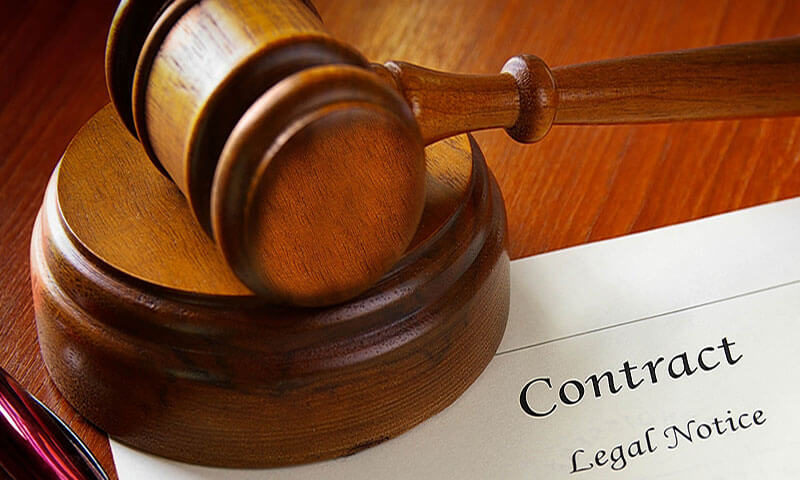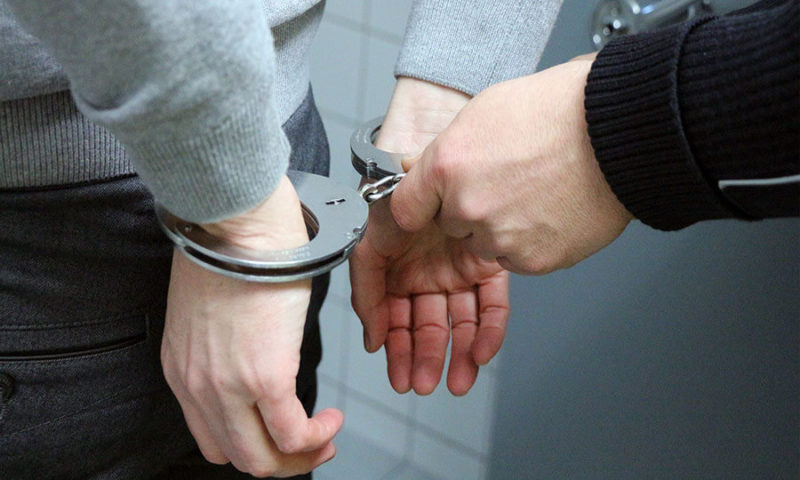Thailand Labor and Employment Law
In Thailand the cases that involves defamation of an individual or a business is explained as follows: “ “to impute anything to another person, to a third party in a manner likely to impair that person’s reputation or to expose such person to hatred or contempt.” It is usually the case that such cases are raised in disputes between businesses or individuals in commercial or even political environments pointing to how factual or non factual information is presented aiming to alter the public opinion. Unlike how defamation cases are approached by law in most western countries, in Thailand, it can be scrutinized in the form of a criminal as well as a civil offense. There are always cases that shall be exempt from defamation punishments. For example, if an individual or an entity is making a comment, a statement or report out of good intentions, if certain conditions are met. There are different implications when it comes to oral and written content in defamation cases. For instance, written statements are usually prone to more severe penalties or punishments.
This area of Thai law includes a lot of details, with interpretations playing a big role in the jurisdiction process. If you are being sued for defamation or you are pursuing such cases against an individual or an entity in Thailand, you will need a legal team who are experienced in engaging with such cases. At Ratchada Law firm, our team of civil and criminal lawyers have many successful defamation cases under their belt. We can help you to achieve optimal results no matter what stage of the judicial process you are at. Make contact us and get a free consultation session for your defamation case today.

To Establish a Branch Office in Thailand
Establishing a branch office in Thailand can be more complex, costly, and timely when compared to incorporating a private limited company. However, the advantage of a branch office is that it can be 100 percent foreign-owned.
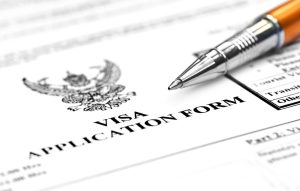
Thailand Visa Procedure in brief
Generally, a foreign citizen who wishes to enter the Kingdom of Thailand is required to obtain a visa from a Royal Thai Embassy or a Royal Thai Consulate- General

Laws of Thailand
The principal law sources in Thailand are: Criminal law; Administrative law; Immigration law; Private law; Law of Obligations; Corporate law;
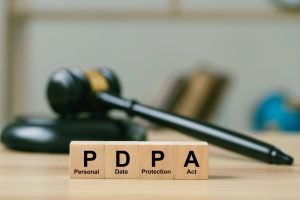
Thailand’s Personal Data Protection Act
Thailand’s first-ever law on personal data protection came into force on June 1, 2022. The law outlines the obligations for businesses regarding the collection and processing of personal information. The government is expected to provide a grace period for SMEs to comply with the new law.

Establishing a Representative Office in Thailand
A representative office is the ideal business entity for foreign investors who are exploring the Thai market. The RO can be 100 percent foreign-owned and can provide up to two work permits for foreign employees.

Applying for a Foreign Business License in Thailand
Obtaining an Foreign Business License in Thailand usually takes 60 days from the date the application is submitted
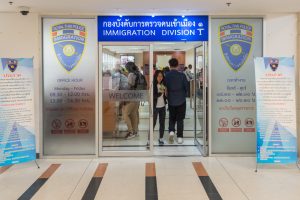
Thailand Non-Immigrant Visa
The Thai Non-immigrant Visa is the type of visa you need if you want to live in Thailand for a long term or if you

Doing Business in Thailand
Thailand offers great business potential to those willing to start a business in Thailand
